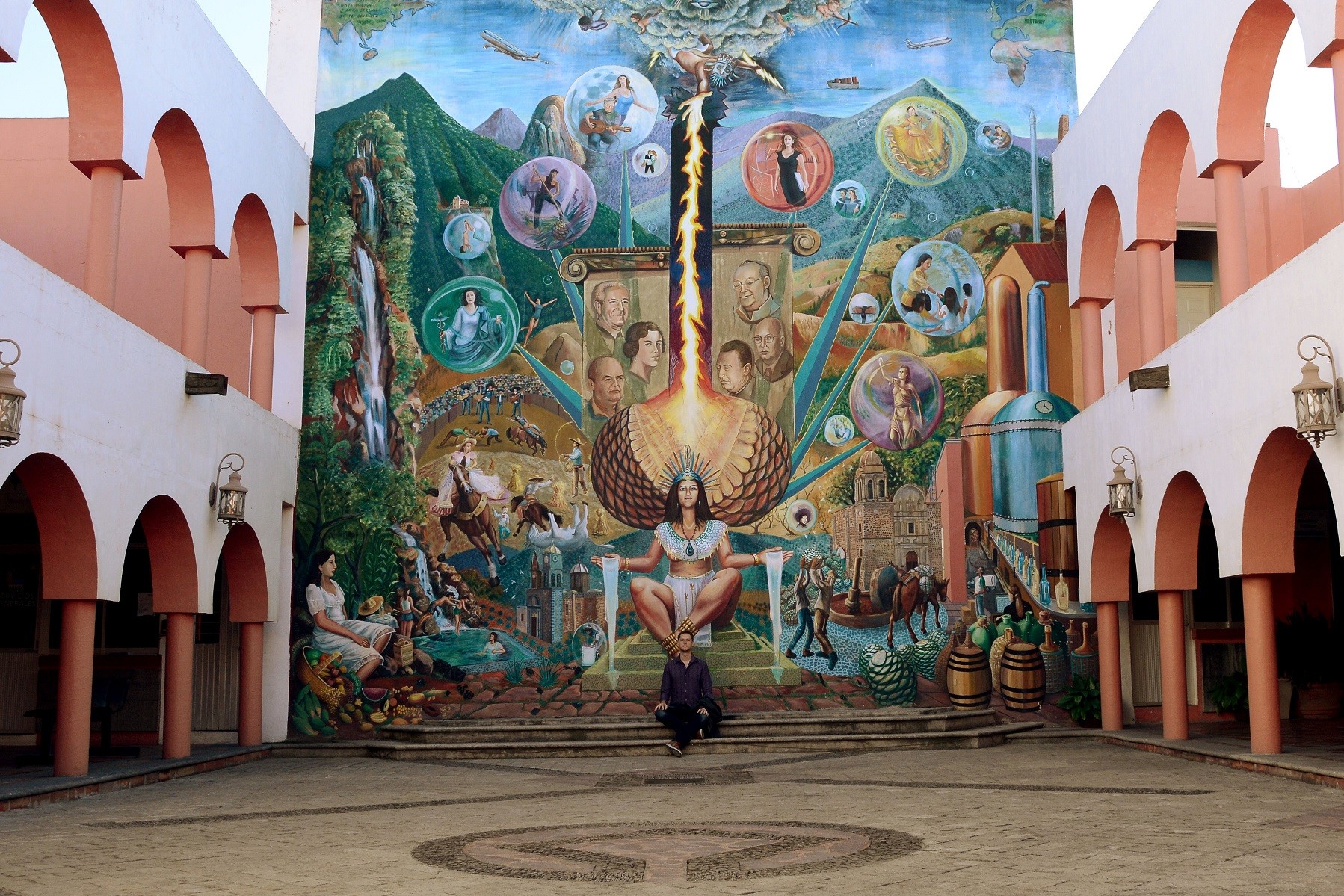The Episode:
Audio Player
To download the audio, right click and press “save as”.
Remember to subscribe on iTunes or subscribe on Pocket Casts.
If you enjoyed the episode, don’t keep it a secret! Feel free to share it on Twitter, Tumblr, Facebook, Reddit, or your office bathroom wall.
The Cash:
We really appreciate all of your contributions! Every cent and satoshi we receive lets us know that we’re doing something worthwhile, that you are entertained by our program, and that you’re starting to question what you know more and more. Please be generous. Donate to The Paradise Paradox. Or buy some stuff on Amazon using this link. Or buy some of our great T-shirts here.
The Story:
Tuur Demeester of Adamant Research states that Bitcoin is “as if gold was invented 7 years ago”. Bitcoin was indeed designed to have all of the qualities that make sound money, and has provided what was thought to be impossible – a scarce digital commodity – a crypto-anarchist’s wet dream.
Since Bitcoin’s initial rise in popularity, many people have began to question what the word “money” even means, forcing many economists to question their theorems and assumptions. And, when comparing cryptocurrency to fiat currencies around the world, an inquiring mind may eventually come to the conclusion that there is nothing more dangerous or destructive than to have money under the control of central banks – enabling endless wars and imprisonment of many peaceful people.
Since 2007, many central banks have been colluding with governments to increase currency supplies, creating an excess of “cheap money” – that is, currency from loans with artificially low interest rates. The low interest rates encourage entrepreneurs to borrow more and more – which, in the short term, appears to stimulate the economy – however, this then becomes an unstable economy, because the business owners have been fooled about the true amount of resources available. This leads to many bubbles – and the subsequent bursting of these bubbles.
Take the Australian economy as an example. Over the past ten years, or longer, Australia has been riding the wave of the commodity boom, caused by artificially cheap credit and loose investment, accompanied by strong buying power from a booming Chinese economy. Now, however, many prices in the commodities market have been falling for the past twelve months, and nobody knows where they will find a bottom, and the Chinese stockmarket is suddenly struggling with its own crisis. As a consequence, many mutual funds and other investment firms are left out to dry, holding derivatives from companies such as Glencore, which have overextended themselves using cheap loans. Furthermore, many regular Australians might be left holding houses and other property, fueled by the collective delusion that is financially sound to undertake a 30 year contract to pay off a loan and get that family dream home.
The icing on the cake is that there is a surge of baby boomers that are looking to retire this decade. They are feeling very comfortable with their investment portfolio and with massive equity held in the family home. “Now is the time to enjoy myself after a lifetime of work”, say Mr. and Mrs. 65. Unfortunately, if international markets continue to tumble under the pressure of falling commodity prices and the collective population awake to the reality of the insolvent banking system – retirement could quickly become a luxury of past years.
It’s here that the immeasurable value of the new virtual asset, Bitcoin, will play a major role in access to and storage of your own money. Perhaps a safe haven to park you money, or at least a little bit for the soon coming rainy day. In this episode we speak with Tuur Demeester, where we talk about Bitcoin, the future of the world economy, the Australian economy, and his investment newsletter. Join us on a rollercoast ride from boom to bust, in the next thrilling chapter of … The Paradise Paradox!
The Eps:
Currency Collapse Normalcy Bias
Episode 70 – Glencore Risk: Credit Crunch Crisis Crash
The Links:
How to Position for the Rally in Bitcoin by Adamant Research
Australia bet the house on never-ending Chinese growth. It might not end well
